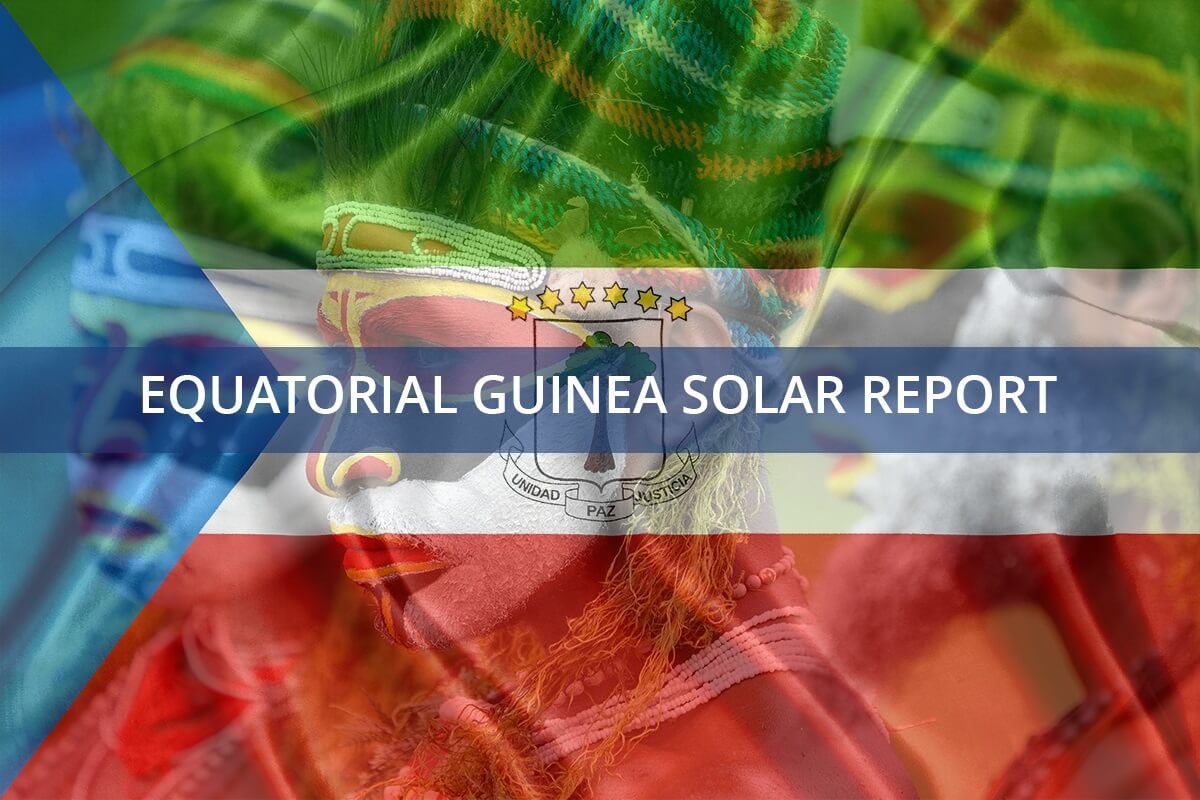Guinea-Bissau Solar Initiative: A $78 Million Renewable Energy Breakthrough
Guinea-Bissau has embarked on a transformative journey with the launch of a $78 million solar energy project aimed at expanding electricity access to 85% of the country’s population by 2030. This ambitious project, funded by the World Bank along with contributions from the International Development Association (IDA), Energy Sector Management Assistance Program (ESMAP), and the Green Climate Fund (GCF), is a significant step towards addressing the country’s energy needs and promoting sustainable development.
The project was officially launched in the town of Gardete, located 15 kilometers east of the capital, Bissau, marking a pivotal moment in Guinea-Bissau’s efforts to decarbonize its energy sector. The initiative is designed to provide clean and affordable energy to both homes and public institutions, thereby enhancing the country’s energy security and sustainability. By investing in renewable energy, Guinea-Bissau is not only tackling its current energy challenges but also paving the way for a more sustainable future.
The deployment of solar energy systems in Guinea-Bissau is expected to have far-reaching benefits. It will reduce the country’s reliance on fossil fuels, decrease greenhouse gas emissions, and improve the overall quality of life for its citizens by providing reliable electricity access. This project aligns with global trends towards renewable energy adoption and reflects a growing recognition of the importance of sustainable energy solutions in combating climate change.
For further insights into the progress and impact of this initiative, you can explore more about the Guinea-Bissau Solar Energy Initiative: $78 Million for Powerful Project and the Guinea-Bissau Secures $78.15 Million for Solar Project.
As Guinea-Bissau moves forward with this solar energy initiative, it joins the ranks of countries worldwide that are investing in renewable energy to foster economic growth, enhance energy security, and protect the environment for future generations.

